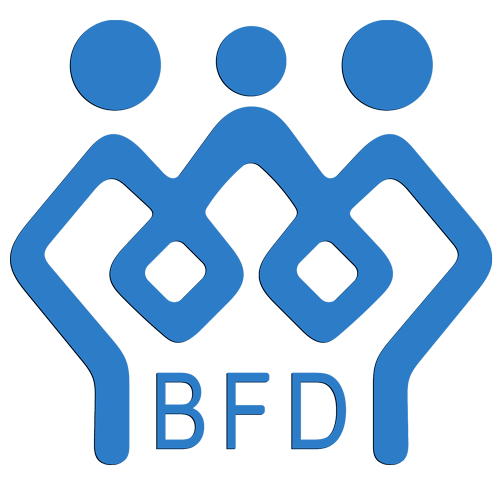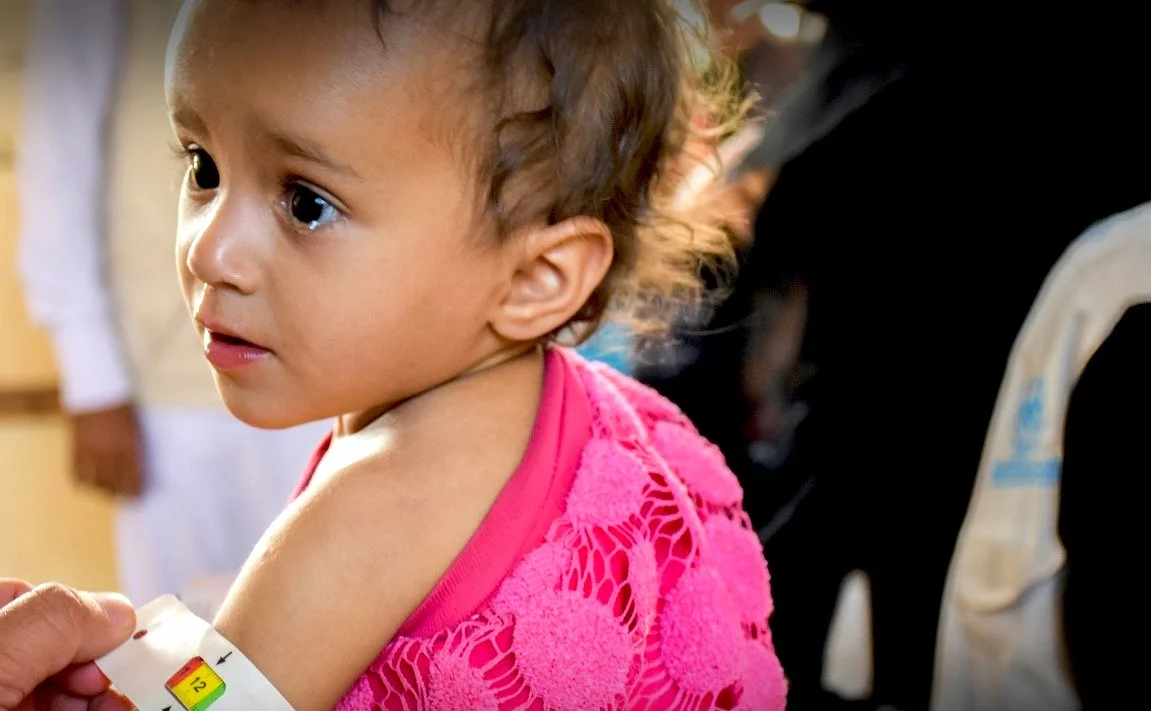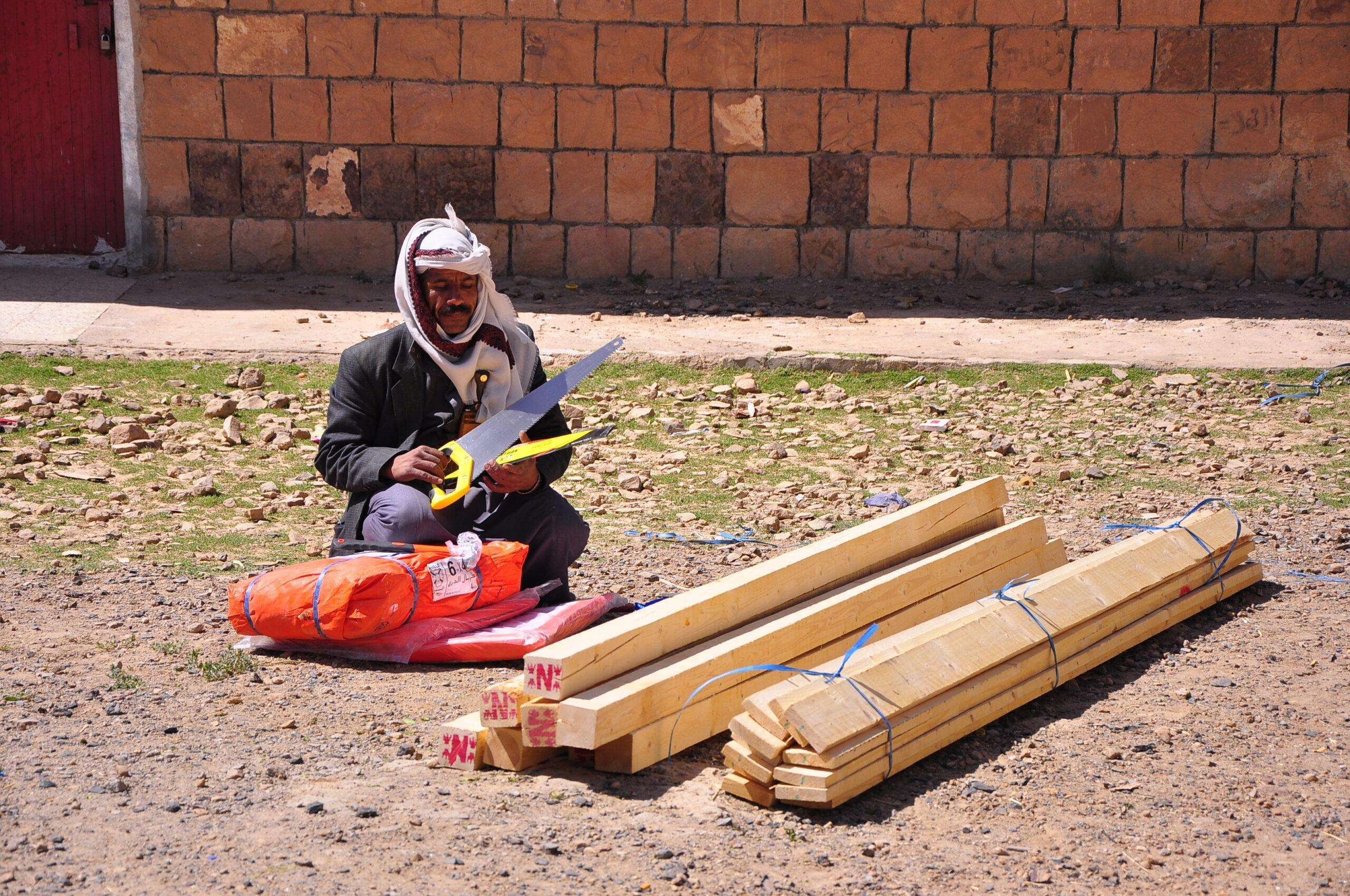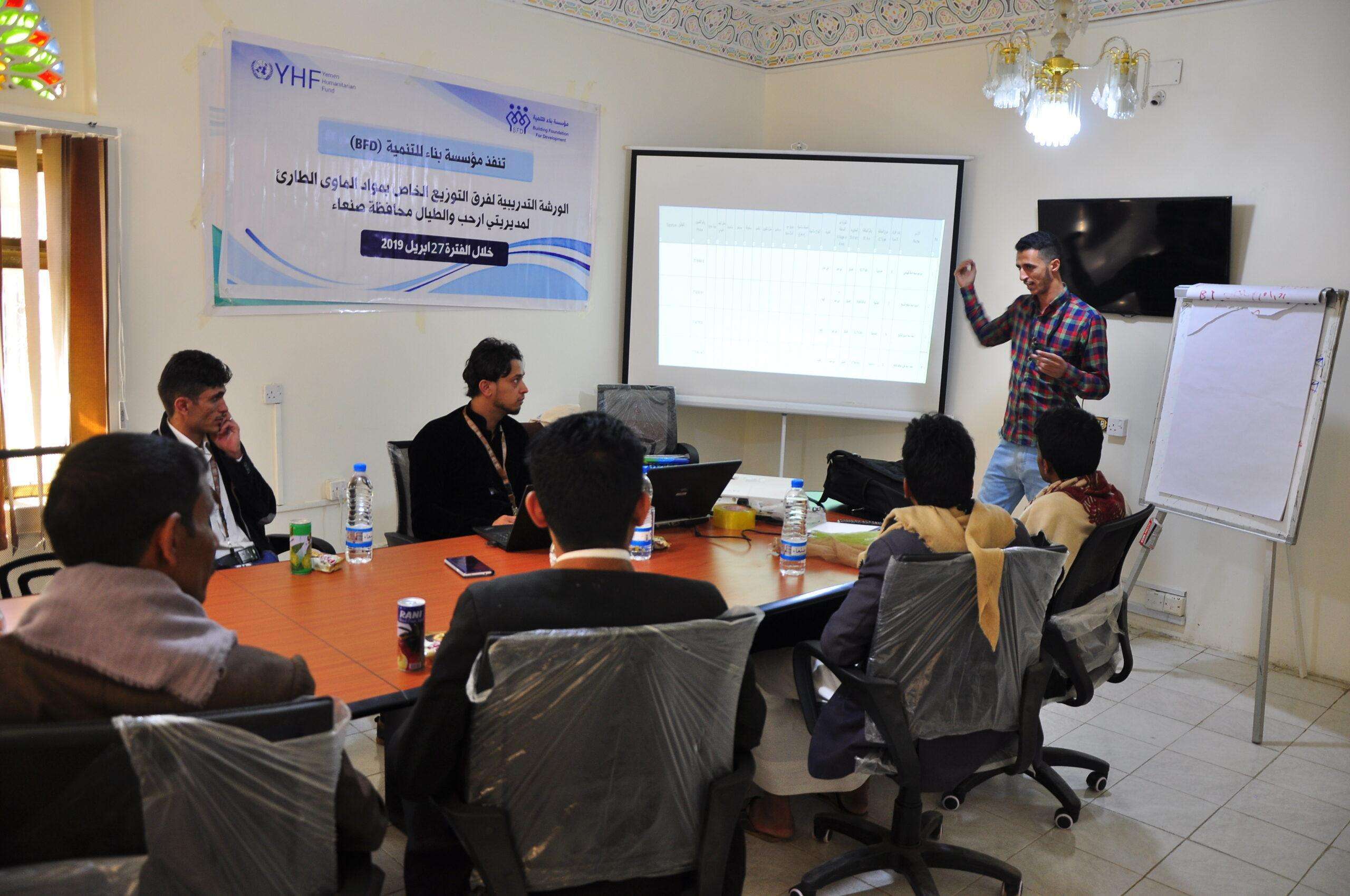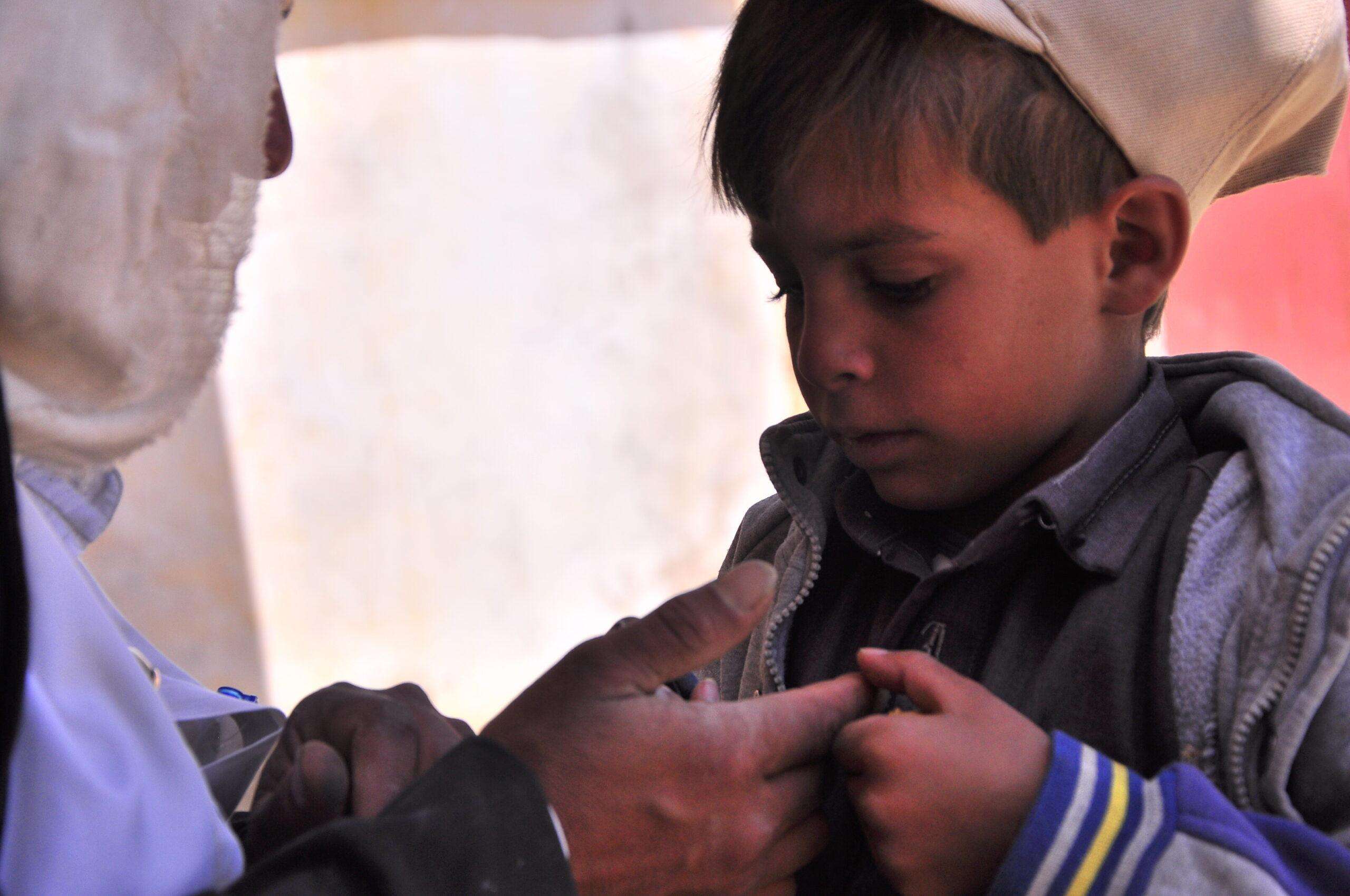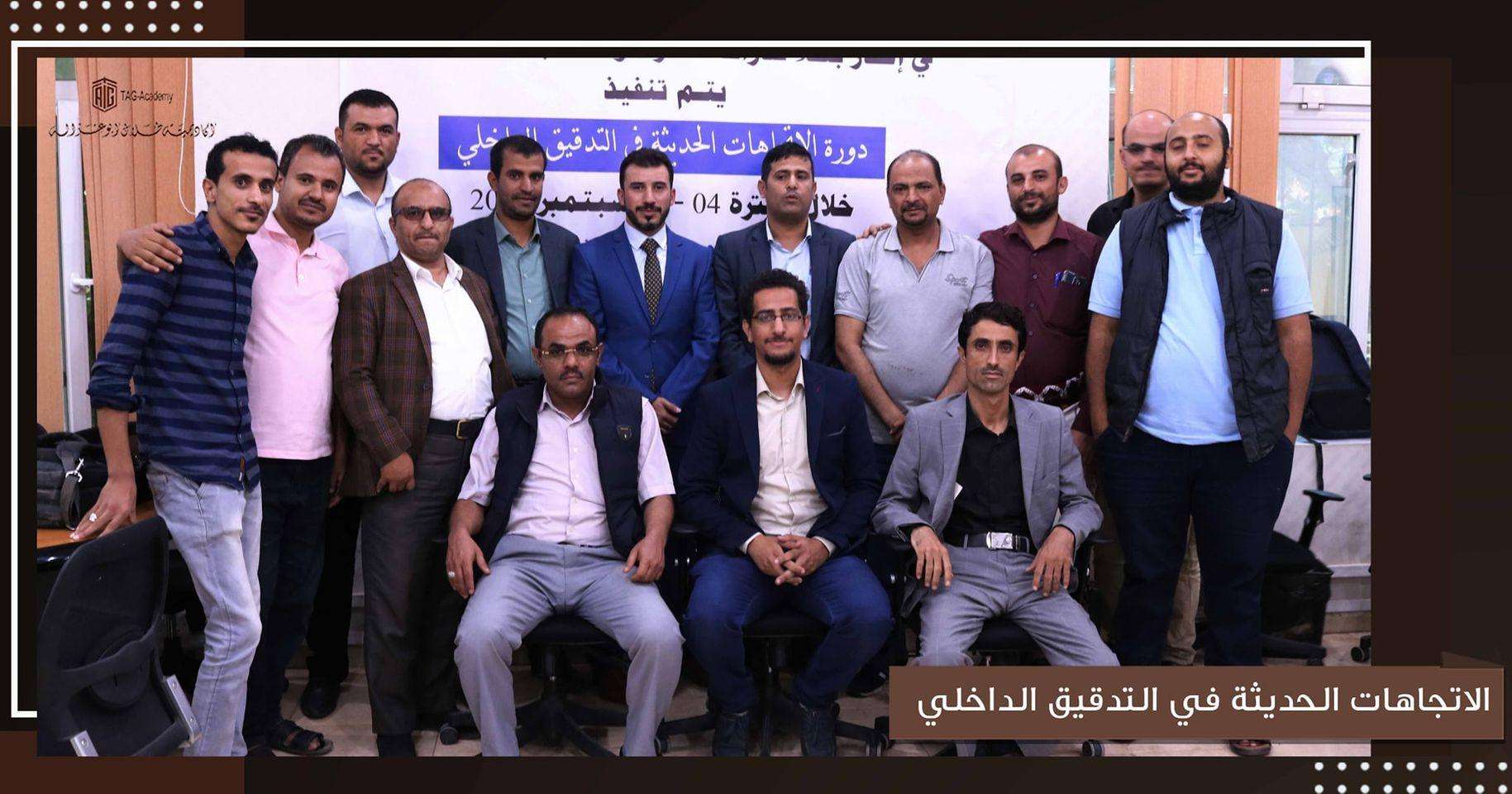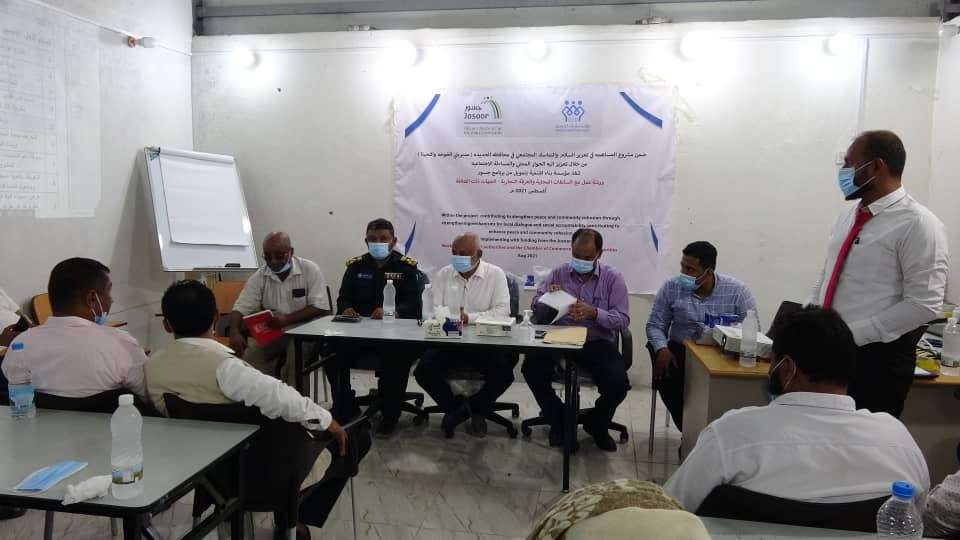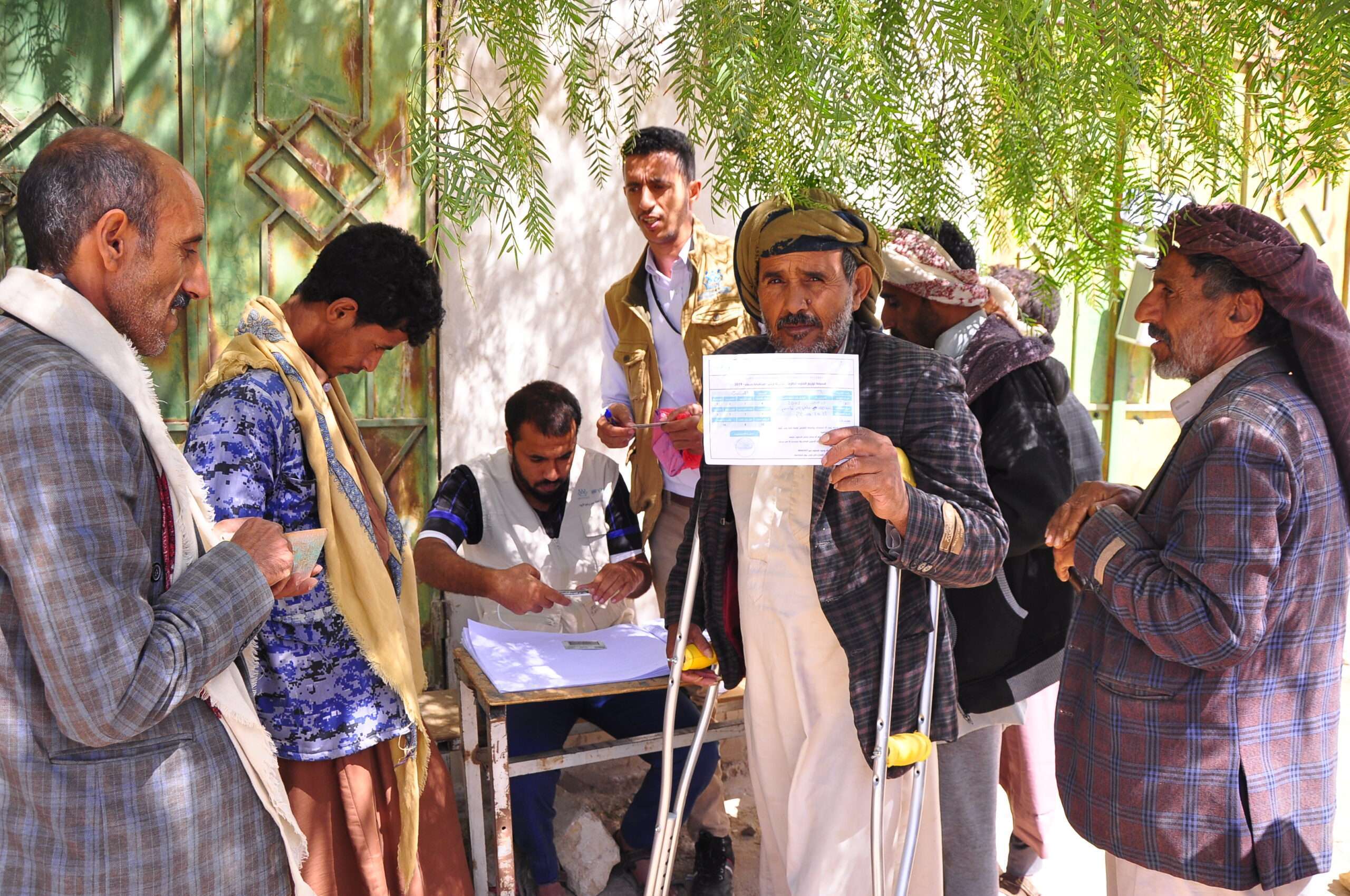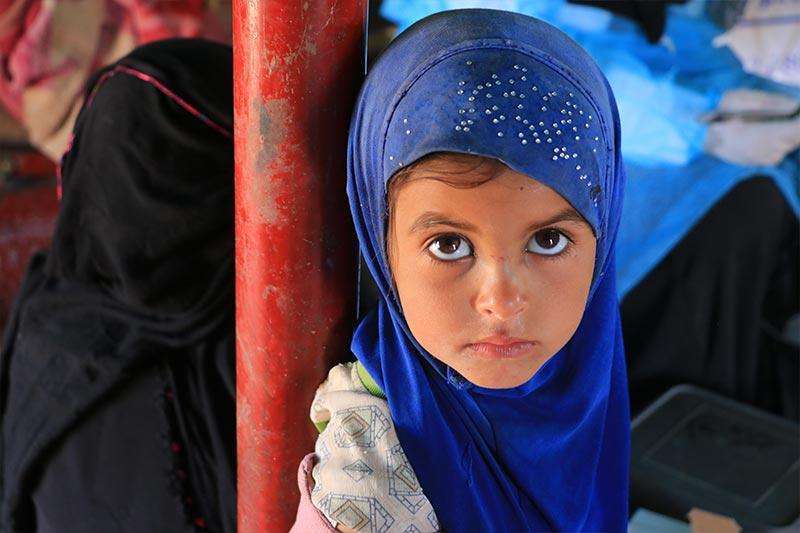In order to contribute in delivering protection assistance and services to vulnerable, conflict-affected, and displaced individuals, especially for vulnerable women, children, and GBV survivors, BFD has strongly been focusing on Protection programs through dualistic main aspects:
- Exclusively protection programs: Through establishing community centers and Gender-Based Violence (GBV) programmes and networks. Moreover, BFD link its child protection and GBV services closely to healthcare, education, economic development, justice, and humanitarian response for each child and their family;
- BFD has also successfully engaged all the protection core principles and adopted complementary mechanisms for Child Protection (CP) and Gender-Based Violence (GBV) within all of its multi-sectorial activities in Health, Nutrition, WaSH, FSA, Shelter, Education, and CCCM.
Gender Equality
- GBV
BFD through its GBV activities is focusing on targeting GBV survivors, displaced women and girls, women and girls affected by the conflict and violence, and referrals from CM vulnerable cases to support them from the current war traumas and give them coping mechanisms to mitigate such arduous circumstances while increasing critical thinking and socializing skills among Women and Girls for violence reduction and greater connectivity and comfort with their hostess and communities by establishing and initiating community centers and Women Girls Safe Spaces (WGSS) including safe access and non-stigmatizing multi-sectorial GBV response services as Psychosocial Social Support (PSS), and Case Management (CM), the acquirement of contextually relevant skills; Formal vocational trainings, Life skills training, both formal and informal and Livelihood activities (to economically empower them and create economic opportunities for them and their families i.e. sewing, embroidery etc.), and awareness activities to ensure that they receive information on issues relating to women’s rights, health, and services.
- Women’s Leadership in Emergencies
BFD’s support women’s leadership and collective action during emergencies. Women’s voices save lives and increase gender equality. When women’s voices are not heard, women’s rights and needs are often not adequately met, and emergency response can reinforce gender inequality. Women’s equal voice, leadership, and participation challenge and transforms the root causes of poverty and injustice.
Protection
- Training Programs
BFD has been actively working in adopting Protection and Gender equality in its programs and all multi-sectorial activities in the community and have its employees to be qualified in the field of protection, through receiving specialized training on the principles of protection, including the management of friendly spaces, case management, and psychosocial support and several courses in mainstreaming of protection and gender through all projects implementation and preparation phases.
- Protection mainstreaming
BFD involve Protection mainstreaming in all the designed and implemented projects whether WASH, Health, Nutrition, Education and FSL. Incorporating protection principles and promoting meaningful access, safety and dignity in humanitarian aid. Focusing on following elements that must be taken into account in all humanitarian activities:
1 – Prioritize safety & dignity, and avoid causing harm: Prevent and minimize as much as possible any unintended negative effects of your intervention, which can increase people’s vulnerability to both physical and psychosocial risks.
2 – Meaningful Access: Arrange for people’s access to assistance and services – in proportion to need and without any barriers (e.g. discrimination). Pay special attention to individuals and groups who may be particularly vulnerable or have difficulty accessing assistance and services.
3 – Accountability: Set up appropriate mechanisms through which affected populations can measure the adequacy of interventions, and address concerns and complaints.
4 – Participation and empowerment: Support the development of self-protection capacities and assist people to claim their rights, including – not exclusively – the rights to shelter, food, water and sanitation, health, and education.
Mine risk management
- Mine Risk Education
BFD is Leading with Mine Risk Education activities aiming to reduce the risk of injury from mines and unexploded ordnance by raising awareness and promoting behavioral change through public-information campaigns, education and training, and liaison with communities.
- Mine clearance
BFD work on mine clearance including surveys, mapping, and minefield marking, as well as the actual clearance of mines from the ground. This range of activities is often referred to as “demining”. Humanitarian mine clearance aims to clear land so that civilians can return to their homes and their everyday routines without the threat of explosive hazards. The aim of humanitarian demining is to restore peace and security at the community level.
- Victim Assistance
Providing victim assistance is a core component of mine action for BFD, Assistance is provided through a number of concrete actions to meet the immediate and long-term needs of mine accident survivors, their families, mine-affected communities, and persons with disabilities. Assistance includes, but is not limited to, emergency and continuing medical care; physical rehabilitation; psychosocial support and social inclusion; and laws and public policies that promote effective treatment, care, and protection for all disabled citizens.

